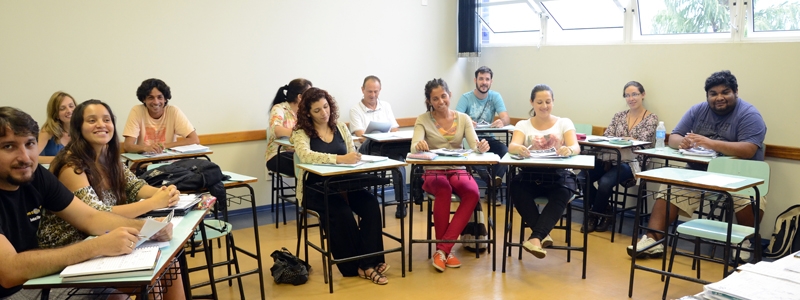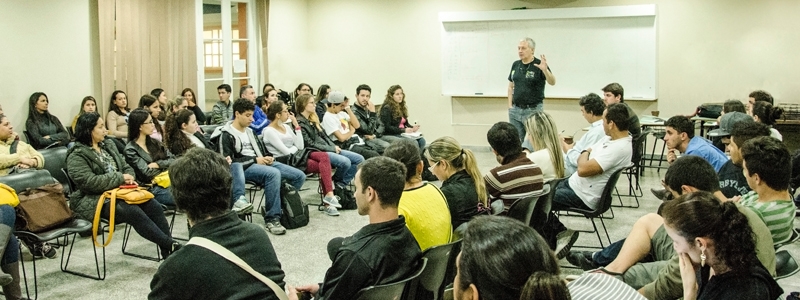Problem: The university, which is located in Matinhos, on the coast of the state of Paraná, aims to counteract problems that students in the region face, such as poverty, resignation, social exclusion and the difficulty of supporting oneself on a traditional university course. To do this, the institution, which was created through a partnership between the Federal, State and Municipal governments of the region, which includes the Vale do Ribeira municipality, in the state of São Paulo, uses an interdisciplinary teaching method where rigid disciplines and courses do not exist. The 14 undergraduate courses that are offered were developed according to the needs of the local community, and include management and entrepreneurship, tourism management, agro-ecology, agricultural education and public health. There is also a Master's course on sustainable territorial development and specialization courses that are mainly geared towards educators.

Solutions: The school develops a curriculum in accordance with the needs of each individual student. The idea is that, through learning, the child will be able to graduate with a holistic background, ready to take the control of his or her own life and contribute to improving the region socio-economically. Students participate in modules that have a flexible structure instead of taking traditional classes. There are three major learning axes: practical theoretical fundamentals, learning projects, which are prepared from the start in order to develop capabilities in the areas of self-organization and productivity, and cultural and humanistic interactions, as well as activities that are conducted to encourage interaction amongst students, professionals and the community that emphasize local knowledge and social life. Students are also encouraged to participate in institutional and personal projects. In addition to having classes about professional fields that they are interested in, students also participate in interactive lessons and develop learning projects from their first year in the course. Elementary school teachers also take university courses, such as specialization courses in sexuality and diversity or in environmental education.

Outcomes: Upon graduation, the students are capable of using science and their knowledge in order to promote the region's socioeconomic, cultural, ecological development in a sustainable manner. Students also graduate with greater critical thinking abilities, are more interested in investigating the unknown, are more pro-active, ethical and capable of transforming reality. They are also capable of managing their own lives, of leading people and are industrious. The university acts as an institution that is committed to collective interests. The participation of the community promotes social mobilization and the possibility that the community appropriates the university for itself alongside the teachers.






